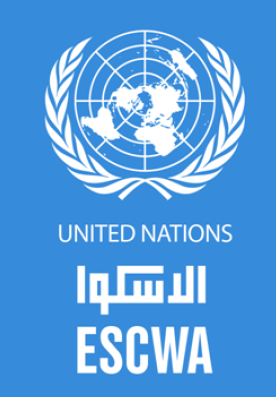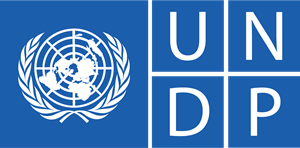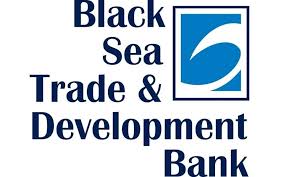Result of Service
The ultimate result of the service is to improve key messages and findings of the report.
Duties and Responsibilities
Background Arab countries face difficult challenges related to the fiscal sustainability of increased social expenditures as shortfalls and inefficiencies in public social expenditure remain, sustaining poverty and constraining more dynamic, inclusive economic growth. The Social Expenditure Monitor Report, produced and launched in 2022 by ESCWA, UNDP and UNICEF, demonstrated that the Arab States not only spend less on social sectors than the global average but also spend less efficiently. This wastes billions of dollars in some cases, adding up to a significant share of gross domestic product (GDP). Inadequate spending also undermines equity as it adversely affects the disadvantaged populations more than others who have greater ability to pay privately for critical services. ESCWA and UNICEF are producing a report on “Social spending, expenditure efficiency and fiscal sustainability in the Arab region” to support governments in enhancing their social sector expenditure and fiscal sustainability. The report calls for rebalancing and protecting social spending while enhancing fiscal efficiency, resilience and equity through concrete policy recommendations that would equip national budgets to deliver tangible progress towards the SDGs and respond effectively to an era of demographic, climate and economic challenges. Prepared ahead of the Arab Public Finance and Budgeting Forum, the report’s insights and findings will serve to frame and inform the Forum’s deliberations. General Objective The general objective of the consultancy is to provide a peer revision of the report, ensuring its analytical soundness and assessing the structure and coherence of the analysis, as well as the overall quality of the report. The consultant will provide constructive and substantive comments to enhance the report’s content and messages, contributing to the discussions to be held during the Arab Public Finance and Budgeting Forum on 12–13 November. Duties and Responsibilities The main duties and responsibilities of the peer reviewer are the following: • Undertake a critical review of the report; • Provide written feedback (1-2 pages) covering different aspects of the draft and policy conclusions.
Qualifications/special skills
An advanced university degree (Master’s or equivalent) in economics, finance, or a related field is required. A PhD is desirable. All candidates must submit a copy of the required educational degree. Incomplete applications will not be reviewed. A minimum of 10 years of experience in the field of public finance/macroeconomics, development economics or related field is required. Publications in peer reviewed journal in related field is desirable; Experience of Arab region development context is desirable
Languages
English and French are the working languages of the United Nations Secretariat; and Arabic is a working language of ESCWA. For this position, fluency in English is required. Knowledge of Arabic is desirable. Note: “Fluency” equals a rating of ‘fluent’ in all four areas (speak, read, write, and understand) and “Knowledge of” equals a rating of ‘confident’ in two of the four areas.
Additional Information
Not available.
No Fee
THE UNITED NATIONS DOES NOT CHARGE A FEE AT ANY STAGE OF THE RECRUITMENT PROCESS (APPLICATION, INTERVIEW MEETING, PROCESSING, OR TRAINING). THE UNITED NATIONS DOES NOT CONCERN ITSELF WITH INFORMATION ON APPLICANTS’ BANK ACCOUNTS.






